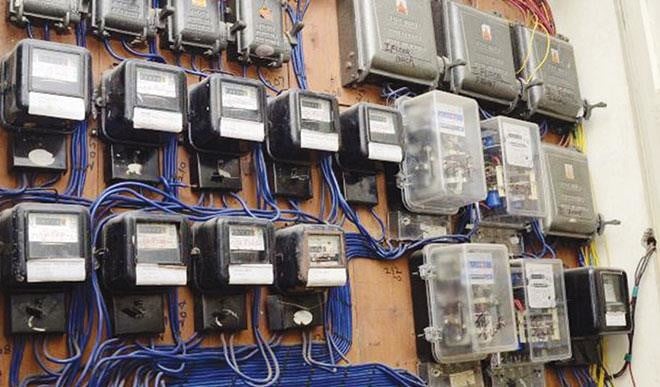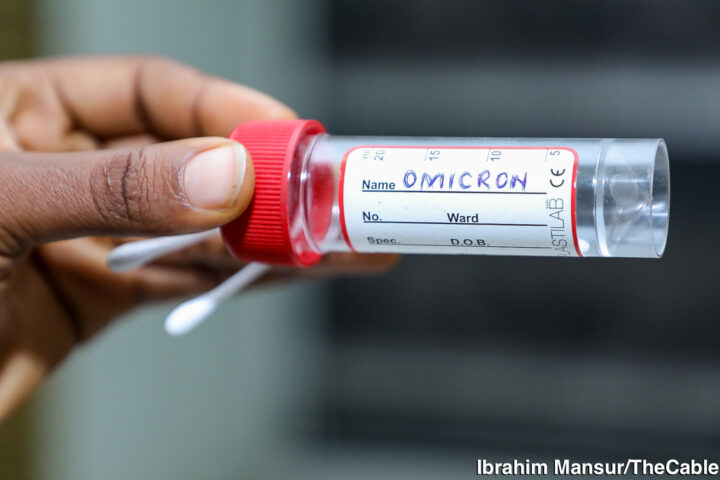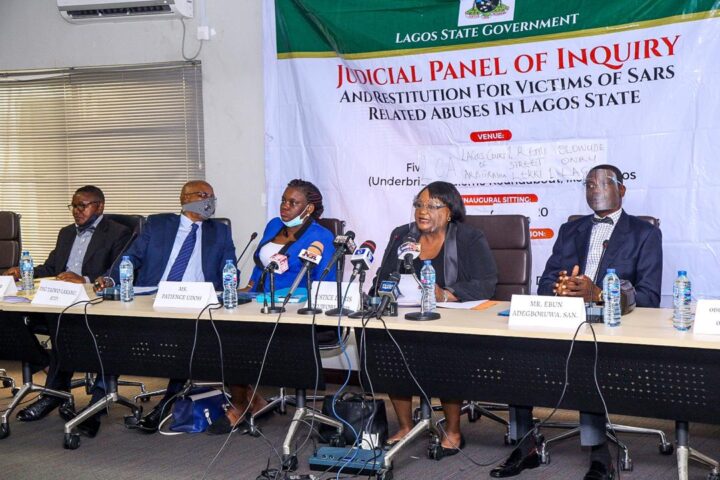The federal government says cost-reflective tariffs will solve power sector problems in the country.
Ahmad Zakari, special adviser to the president on infrastructure, said this recently at the 12th edition of the PwC Nigeria’s annual power and utilities roundtable.
At the hybrid event, Zakari said the cost-reflective policy will improve the power supply in the country.
“With the cost-reflective tariff, everything will fall in place in the power sector. From the government’s perspective as we migrated towards this, we have an understanding that more needs to be done,” Zakari said.
Advertisement
“For instance, our cost-reflective tariff (CRT) versus allowable tariff (AT) gap reached a peak of N28 gap in 2019, at that rate, between that period and 2021 alone, we would have recorded N1 trillion in tariff shortfall or subsidy.”
He further noted that this was largely responsible for liquidity crunch in the power sector as well as the poor power supply in the country.
Consequently, it has disclosed its plans to re-align its policies, regulations and the activities of the power sector operators as a means of improving electricity supply.
Advertisement
Zakari also said that there is a need for a holistic review, noting that the first thing is to do is regulatory and policy alignment to eliminate the gap in service-based tariff.
“At this time, DISCOs with the revised economic models will be faced with incentives and penalties that would allow them to be able to achieve optimisation,” he said
“The second phase will now be infrastructure alignment. If the economics of tariff-based works, then infrastructure will be improved.
“As at 2015, at the take-off of the power sector privatization, the gap between CRT and AT was about N15. That figure has reduced to N6.
Advertisement
“The gap has closed from N28, N15 and now N6. Essentially, after the last Multi-Year Tariff Order (MYTO), cost-reflective tariff became N55 and defective tariff that the DISCOs are allowed to charge was N49.
“By January next year, after the review of the MYTO that tariff gap will be eliminated completely. That elimination of the tariff gap will ensure that we optimise and get all of our installed 12Giggawatt of electricity generation capacity delivered.”
Add a comment







